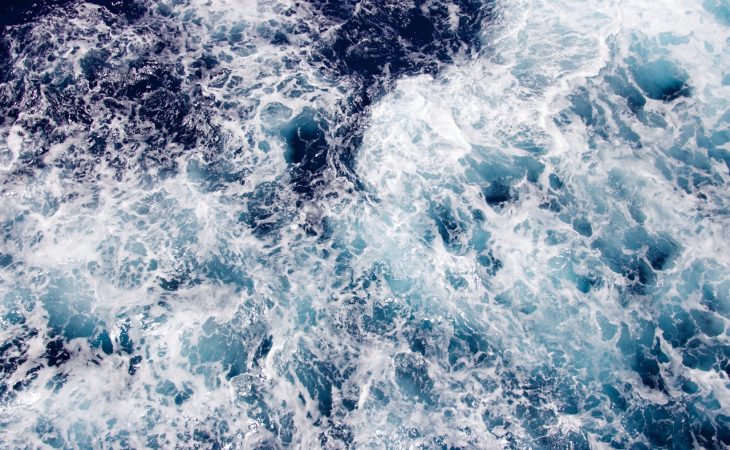For centuries, people believed that the ocean was inexhaustible and immune to human-induced impacts. Scientists are only beginning to recognize the devastating impacts that humans have had on our oceans.
We are witnessing an environmental crisis that is global in scope because a large amount of garbage is being thrown into the oceans. The waste is being eaten by marine creatures, and it has reached all levels of the food chain, and even our food items.
The widespread use of destructive techniques for fishing threatens the fish population which is an essential source of food for millions. Human rights violations are widespread in the world’s fishing industry, ranging from forced work and human trafficking to debt bonding or cruel working conditions.
There is currently little protection of marine life in danger and the declining fish stocks. Since less than 2 percent of our oceans are being designated as marine reserves, it is easy to take advantage of the natural resources of our oceans.
It’s time to take action now. Overfishing and plastic pollution poses a threat to the health and wellbeing of our oceans. If we don’t have adequate protections and accountability of corporates, we could be causing irreparable damage to one of the most important food sources around the world.
Plastic Pollution
Single-use plastics are everywhere straws, soda bottle bags, food packaging, and straws. For a long time, we’ve been taught that recycling is the most effective alternative to discarded items. However, the majority of the plastic used in the world isn’t recycled, and a significant quantity of it ends up in the oceans. We are at risk of creating a generation that is unfit to live in the ocean by not making major and immediate modifications.
Protection of Ocean Sanctuaries
The opportunity is there to establish the Antarctic Ocean Sanctuary, the largest protected area in the world. It is bigger than California, Florida, and New York altogether. It will provide a secure environment for the next generation of animals and safeguard the ocean from industrial fishing vessels that consume the tiny, Krill shrimps, which are the basis of Antarctic life.
The Antarctic ocean is home to a range of amazing sea creatures, including whales and penguins seals, fish, seals, and huge Squid. But the vitality of the ocean and iconic animals are threatened by climate change and the increase in industrial fishing.
We are insisting on the international community realizing its commitment to establish an agreement on high-seas biodiversity. The Commission for the Conservation of Antarctic Marine Living Resources must establish a mandate and an approach that allows us to accelerate our progress toward a target of protecting 30% of the oceans in 2030.
Overfishing and destructive fishing
Overfishing is a threat to food security for millions and hundreds of thousands of people around the world and is also degrading ocean ecosystems across the globe.
More than two-thirds (if not more) of the largest fish have been taken from the oceans, and one-third of the fish population has decreased in the years since 1950. Simply put, there are too many boats that chase the wrong fish.
 Human Rights on Land and at Sea
Human Rights on Land and at Sea
It’s not only about the creatures that inhabit the oceans, but also about those who depend on them. Over three billion people around the world rely on the oceans and the coastal ecosystems for their lives.
Captains and fishing companies are having a harder time earning a profit due to the declining stocks of fish. Unscrupulous operators are increasing expenses by depriving fishermen as well as women working on vessels of a decent salary. A lot of them aren’t compensated even though they’ve worked for long hours without even stepping foot on the ground for months, years, or even decades. We heard disturbing accounts from women and fishermen through interviews. Many people were denied water and food, while some were forced to eat fish to survive.
Human rights and environmental concerns are inextricably linked. Businesses that do not pay fishermen living wages can put more vessels on the water. This can lead to overfishing and a vicious cycle that is threatening our oceans and fishermen.
Commercial Whale Watching
It’s hard to believe that whaling commercial persists, but it is.
The practice was so widespread that a variety of whale species were threatened with extinction. The North Atlantic right whale has been reduced to just 350 individuals in the US. Blue whales living in Antarctica have decreased to less than 1percent of their initial population. The West Pacific grey whale population is the most threatened, having less than 100 remaining. The positive side is that the majority of the whales are slowly recovering from the 1986 Greenpeace and Allies moratorium on commercial whaling. The moratorium was honored by Japan, Iceland, Norway, and Norway.


